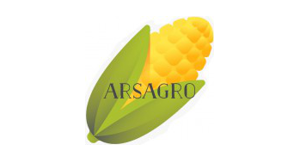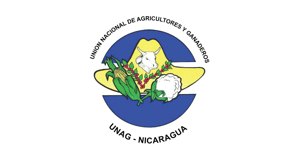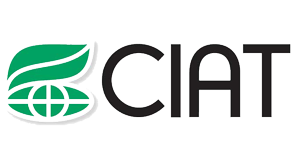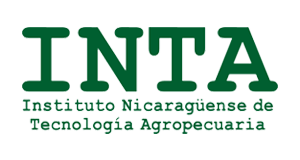Technological innovations for the dry corridor
Sustainably manage family farming in the Dry Corridor
Context of the story
In Nicaragua and Honduras, the production of basic grains represents a fundamental economic and social activity to guarantee food security and income for rural families. More than 79% of the bi-national production of basic grains is in the hands of small and medium producers, which is affected by low productivity and environmental and social sustainability, mainly in the municipalities of the Dry Corridor of Nicaragua and Honduras, where cyclical droughts occur, aggravated by the El Niño phenomenon. It directly covers 5 departments in each country and affects a population of 467,000 families, representing 40% of the total population of both countries.
Dissemination of technological innovations and development of adaptation strategies to climate change
The implemented initiative
The project contributed to the increase in the productivity of corn and beans through the production and access of Creole and “acriollada” seeds, the use of good practices and the mastery of agroclimatic information, which allowed making accurate and timely decisions. Seeds generated by producer organizations, with contributions of new materials by the Nicaraguan Institute of Agricultural Technology (INTA), Directorate of Agricultural Science and Technology (DICTA) and Zamorano of Honduras, through participatory plant breeding and were released to address low local seed production by the community seed bank. Additionally, public-private alliances were promoted for the socioeconomic development of the Dry Corridor.
Access and use of validated corn and bean seed and the implementation of resilient productive and agroecological practices.
The technological solution
Corn and bean seed varieties were validated with characteristics for adaptation to the project areas, allowing producers to have seeds of higher quality and productivity. Likewise, producers obtained updated and timely information on rainfall and water balances. The formation of a network of community facilitators in the locality, created and consolidated in Field Schools (FCs), enabled the transfer of recommendations for good agricultural practices. In addition, producer organizations benefited from market alliances with trading companies, technical and financial service agents that facilitated the production process and added value to products.
Combining ancestral and scientific knowledge allowed us to implement agricultural practices that increased yields by up to 50%.
Results
- 20 varieties of beans and 12 varieties of corn were morphologically characterized, validated in demonstration plots and seed is being produced.
- 57 community seed banks with reserves of corn and bean seed between 15 and 20 quintals each were implemented.
- 160 promotors trained, of which 37% were women.
- 105 metal silos in Nicaragua and 50 in Honduras were built and delivered to the communities.

 Back to the project
Back to the project Nicaragua
Nicaragua Honduras
Honduras







